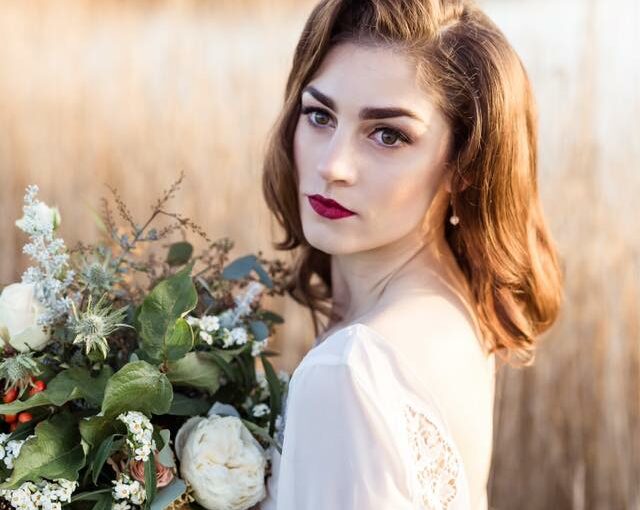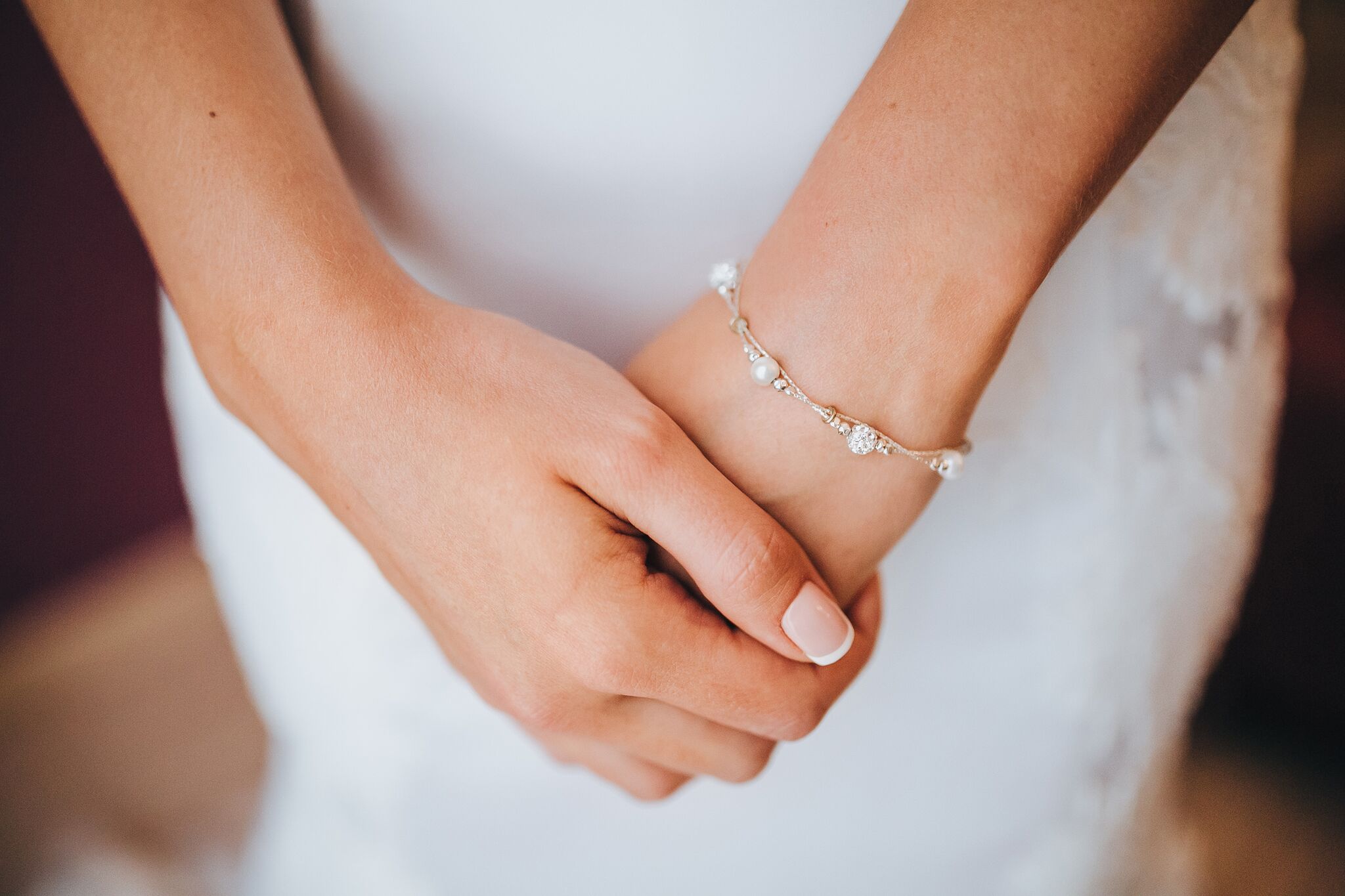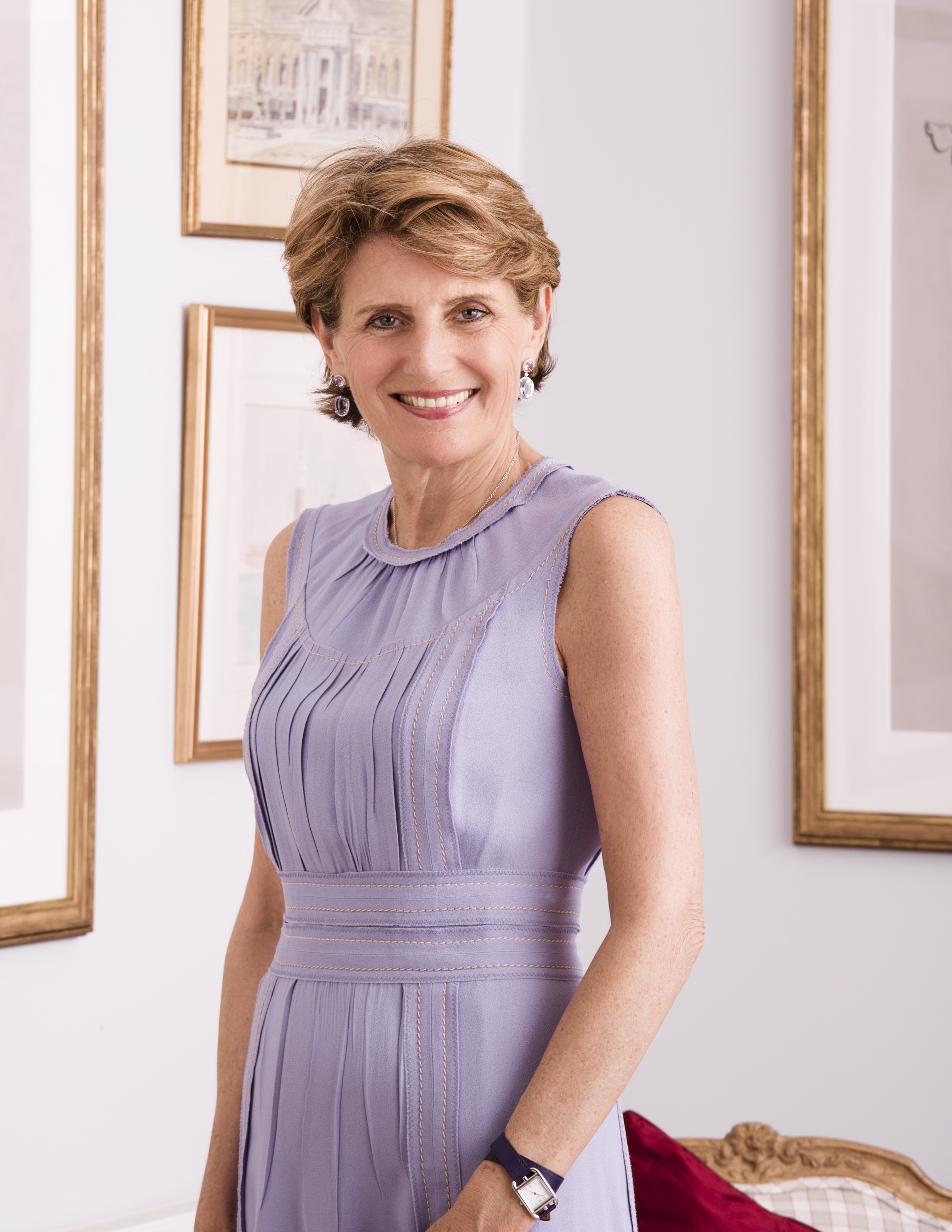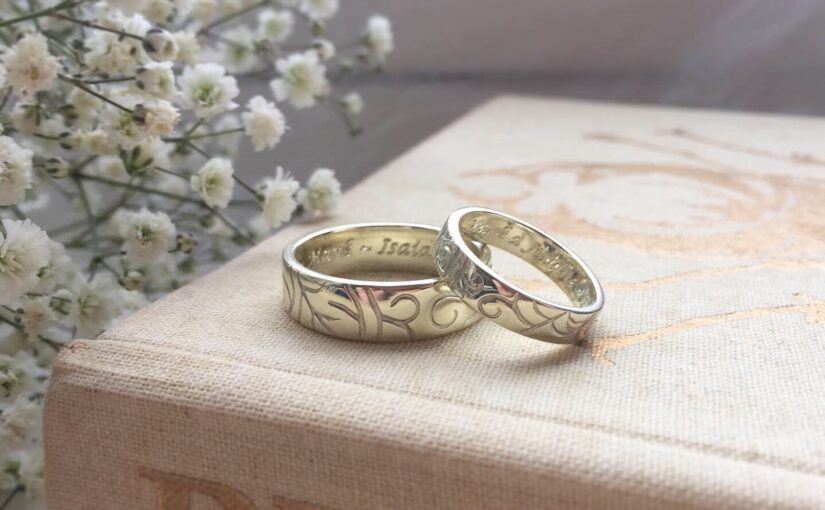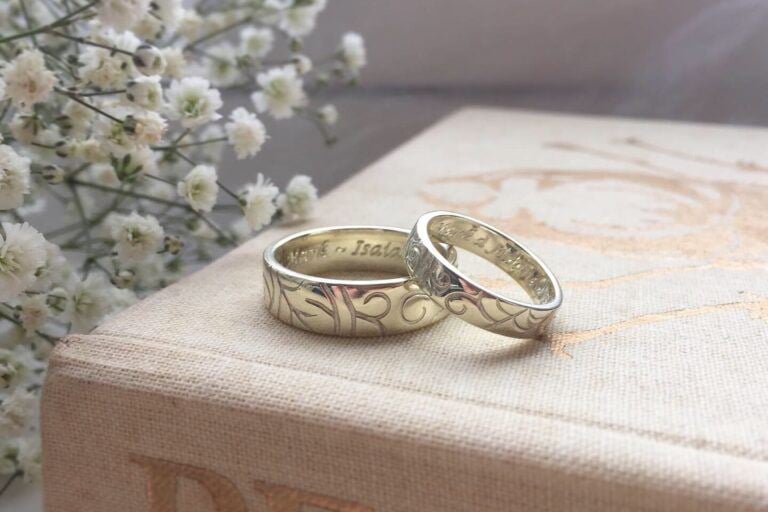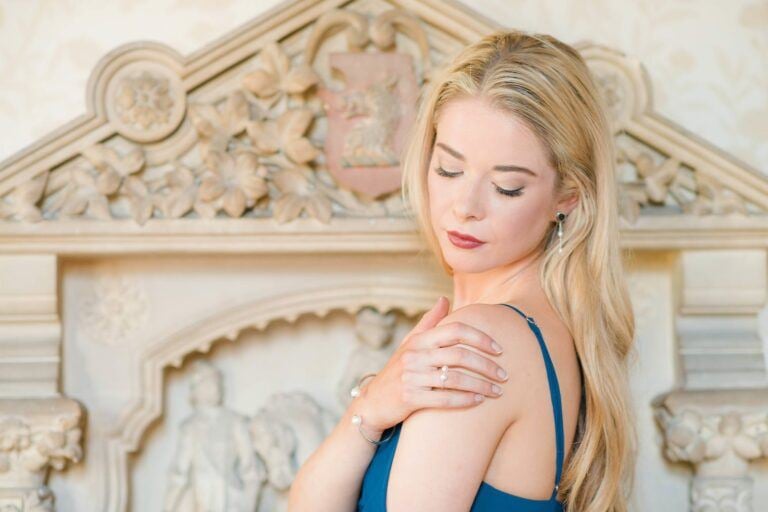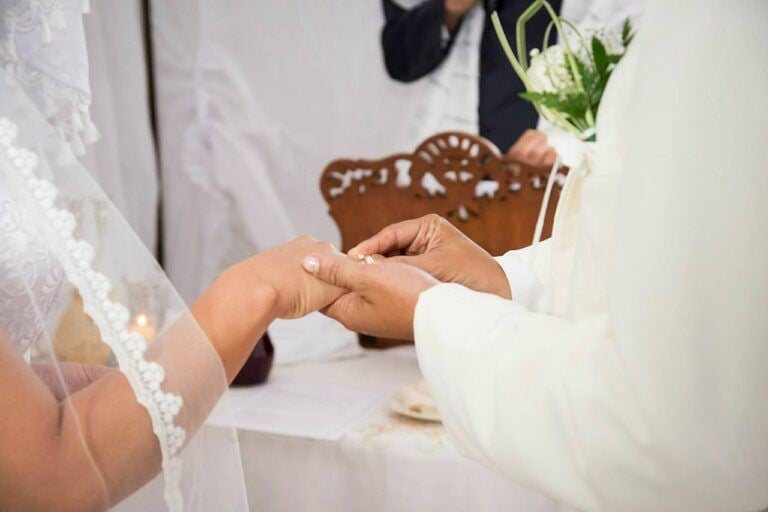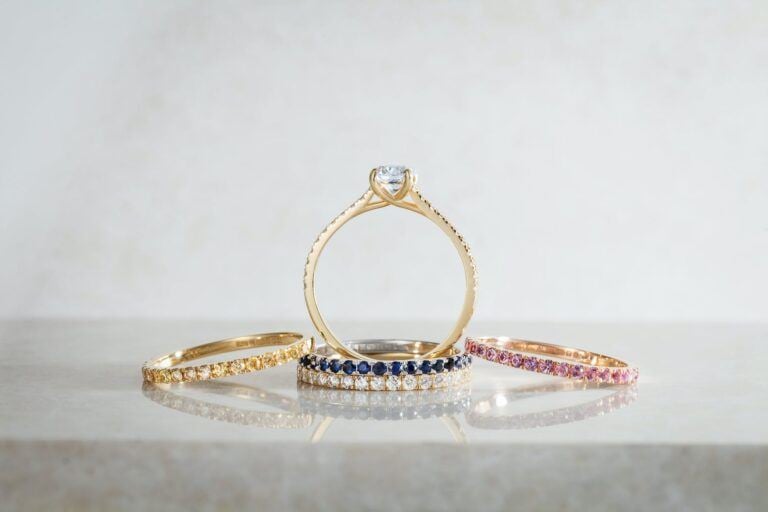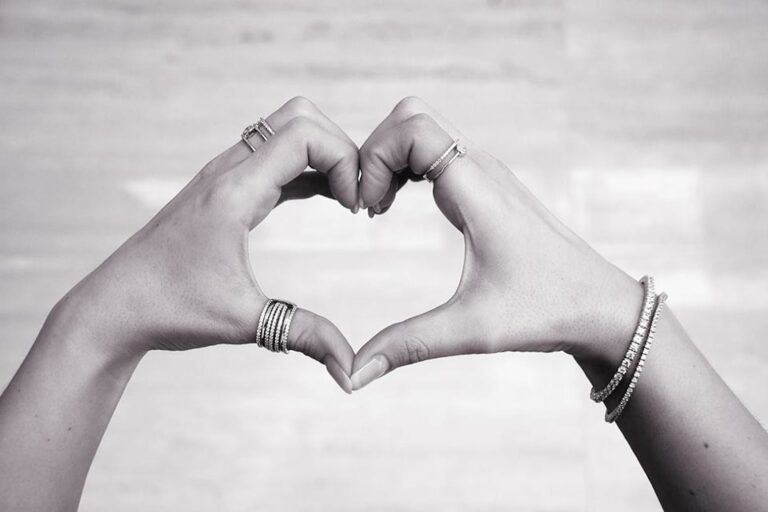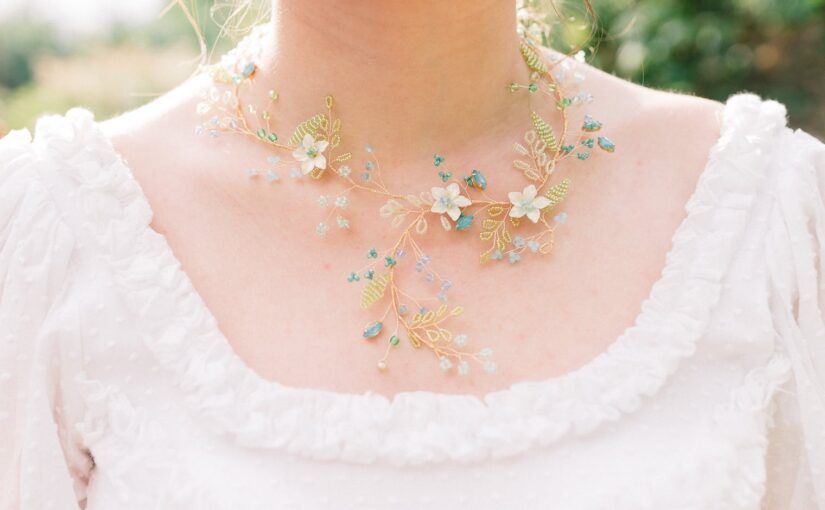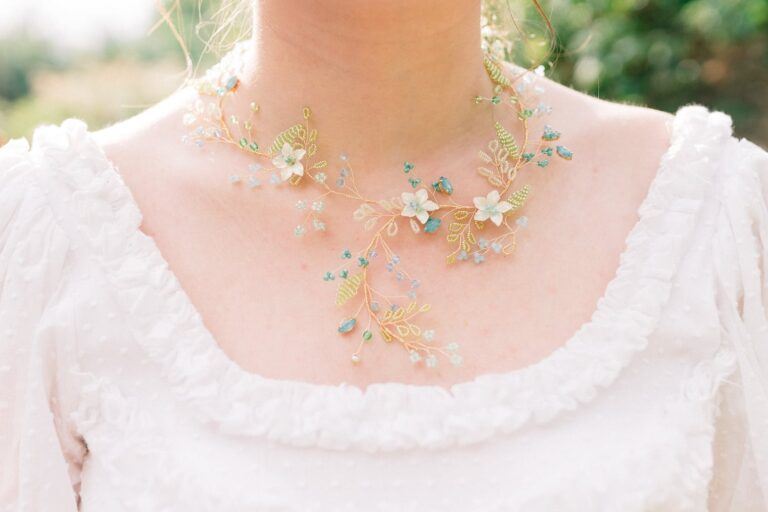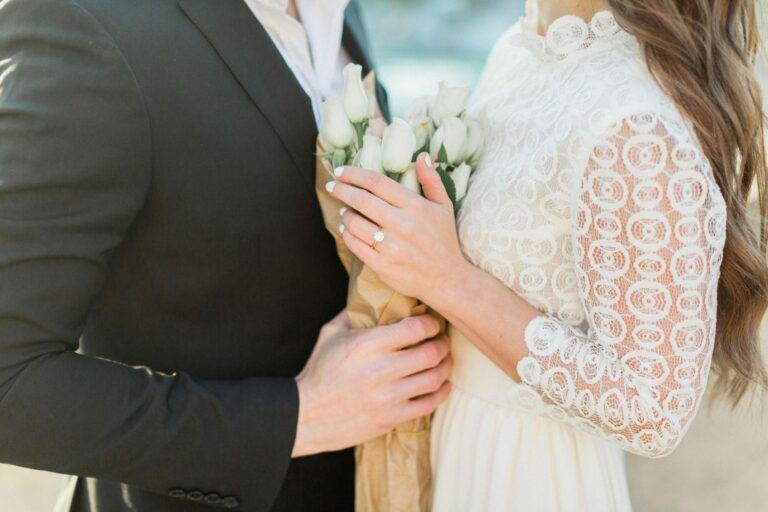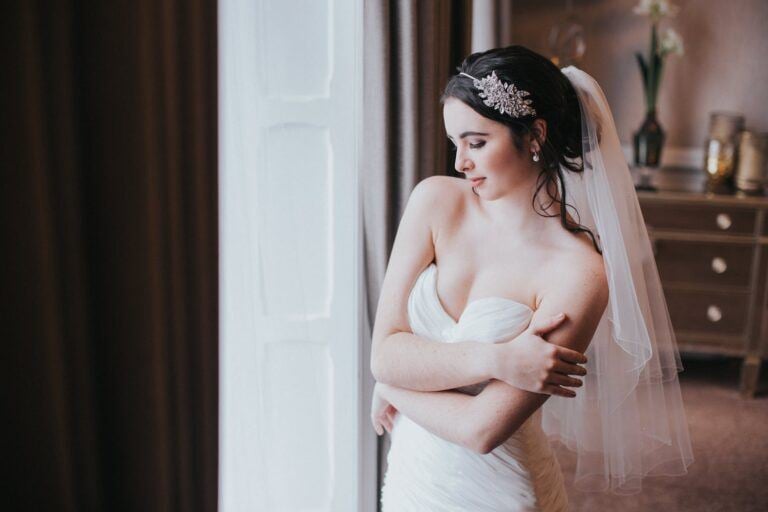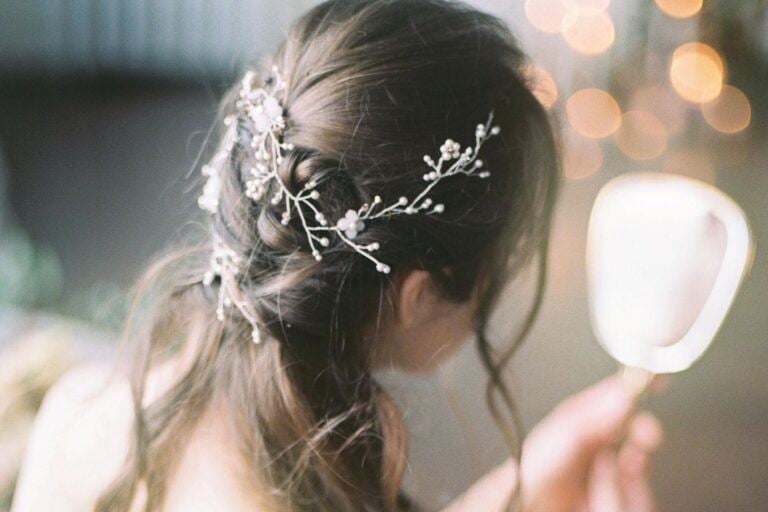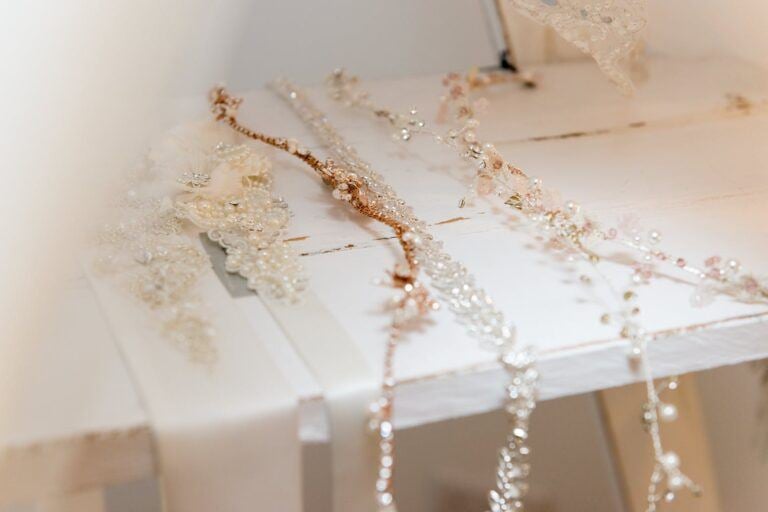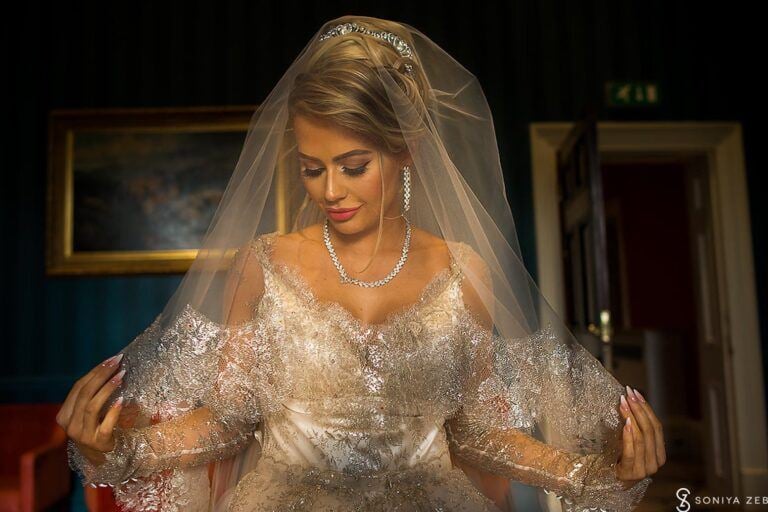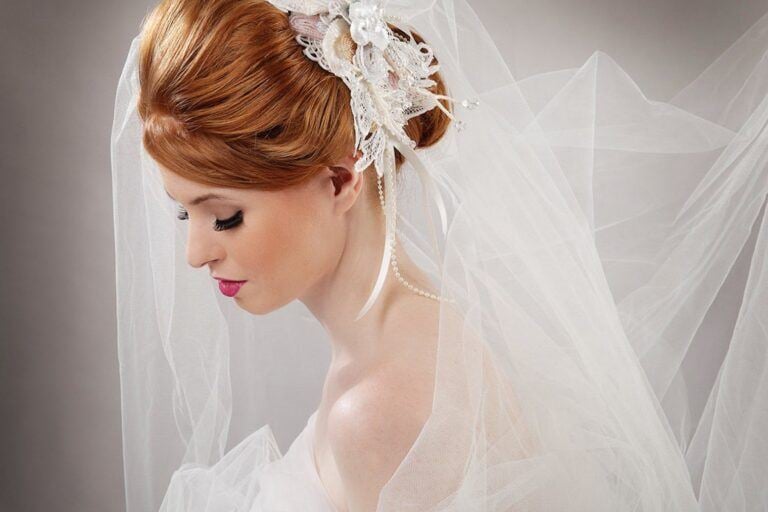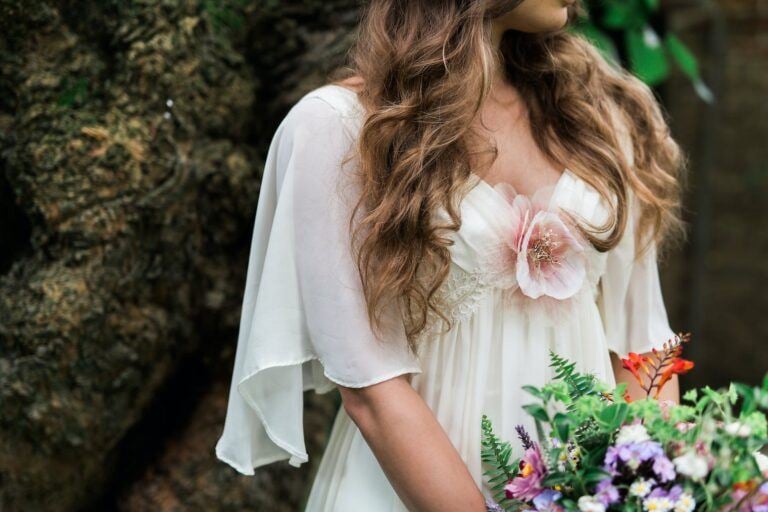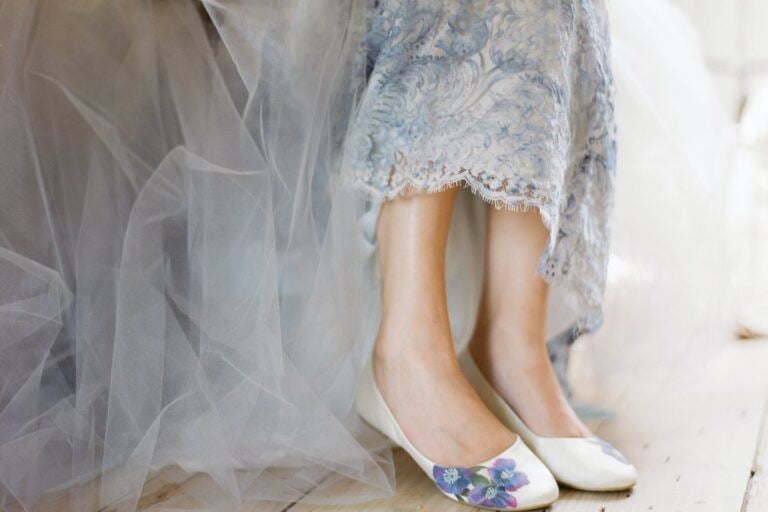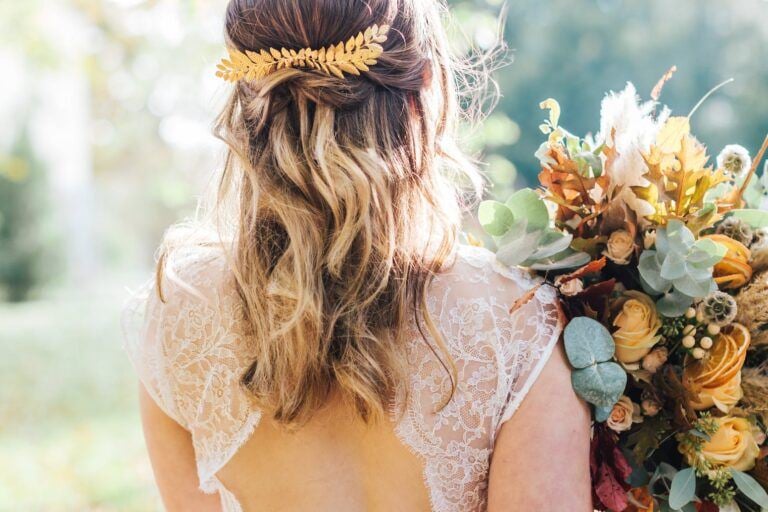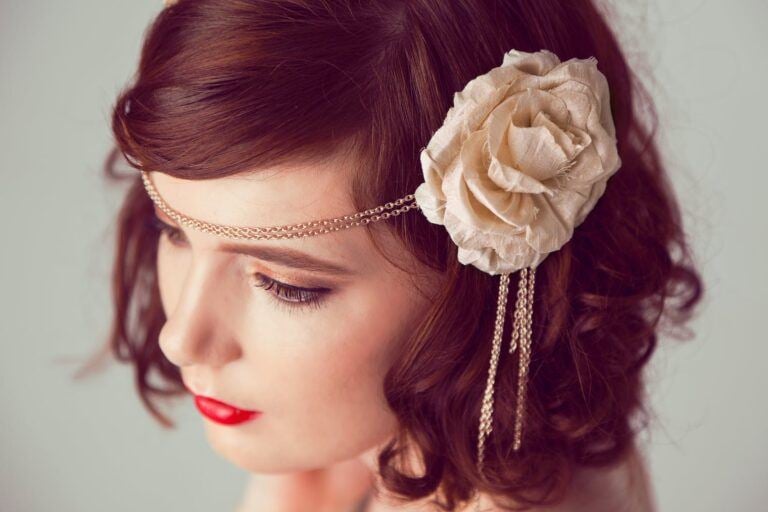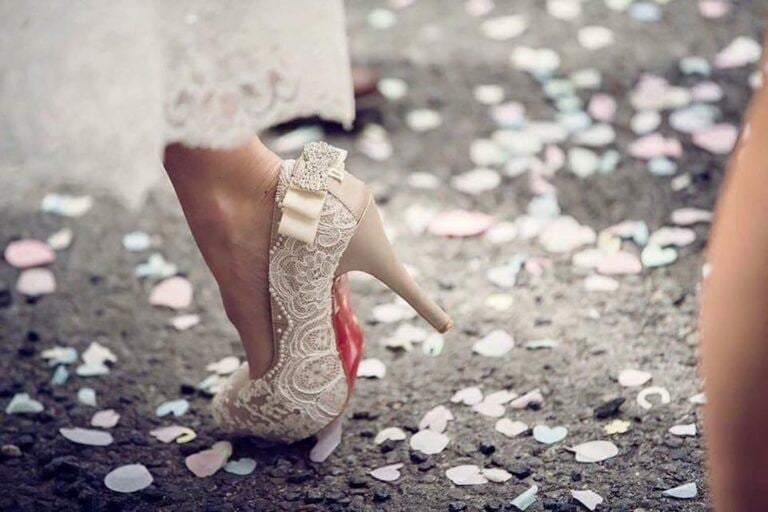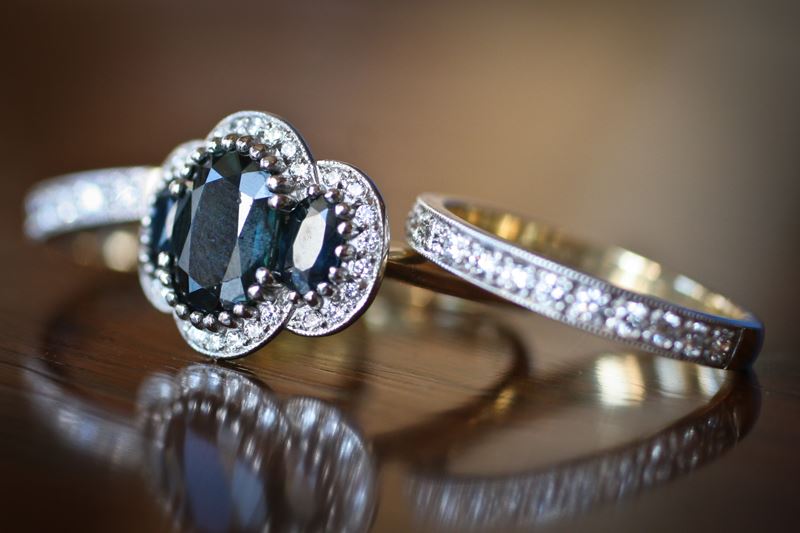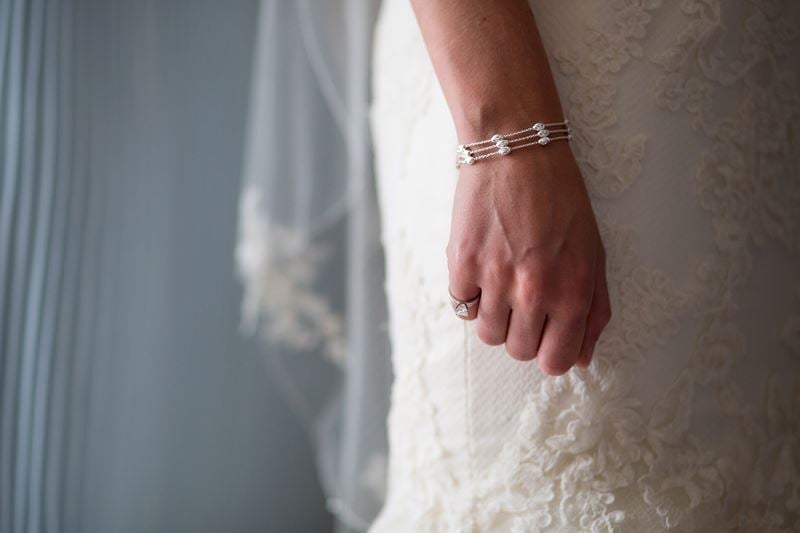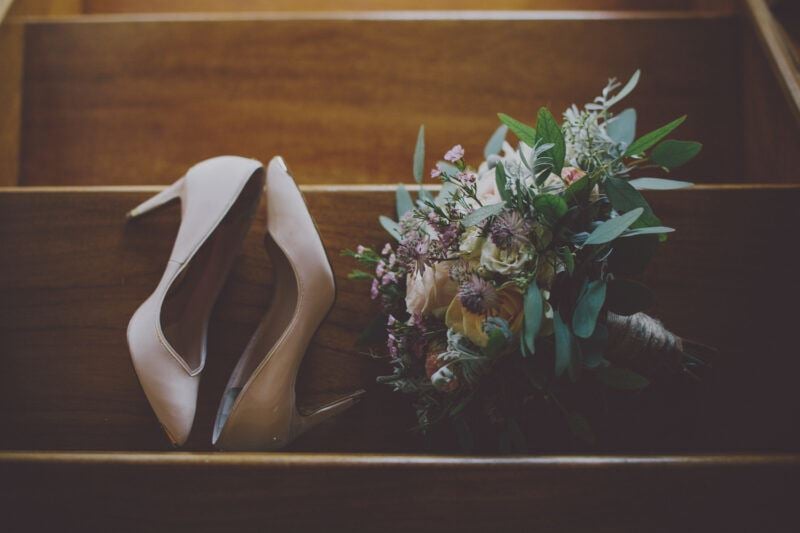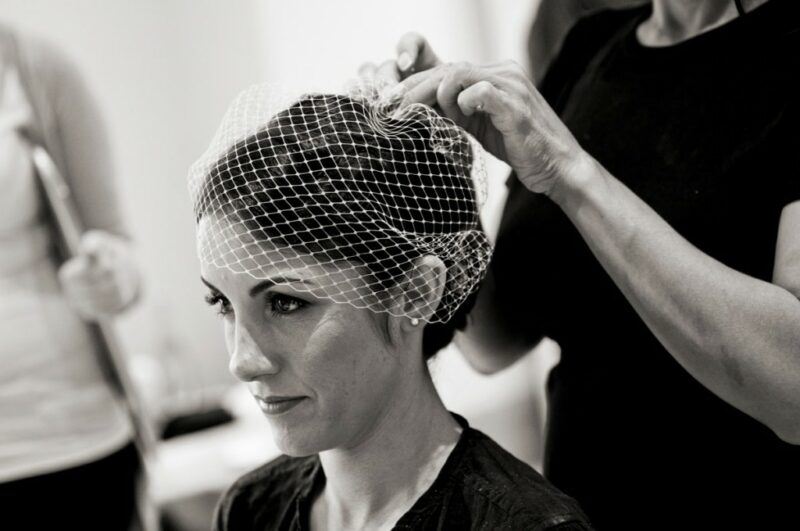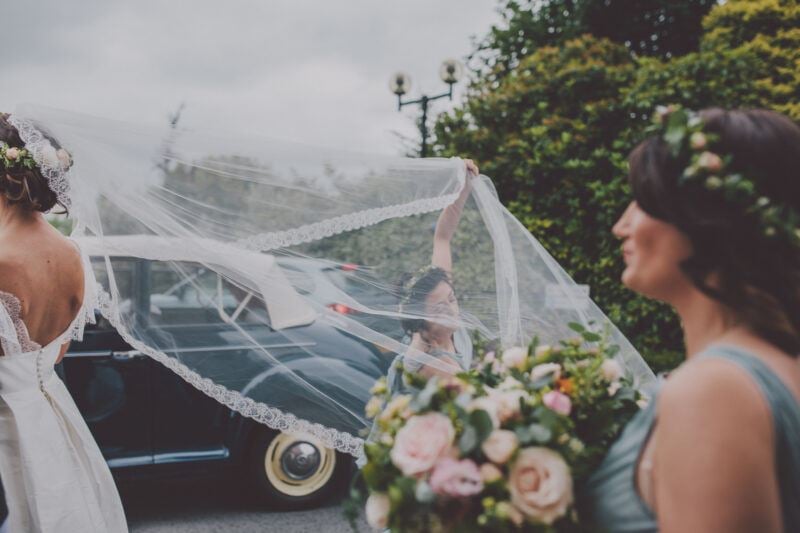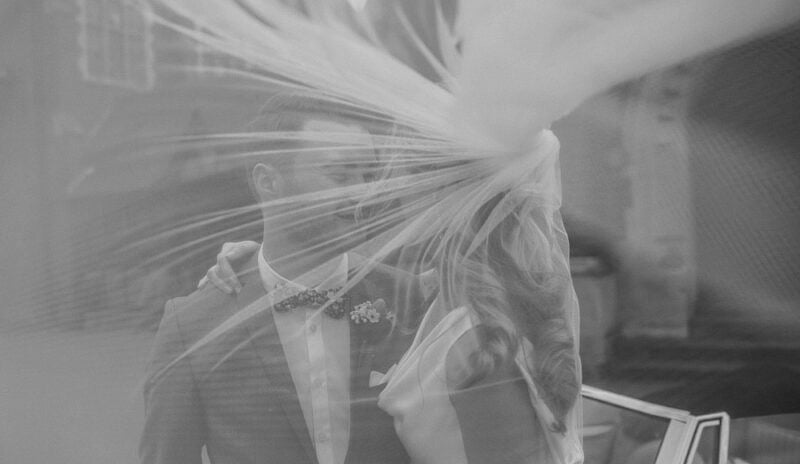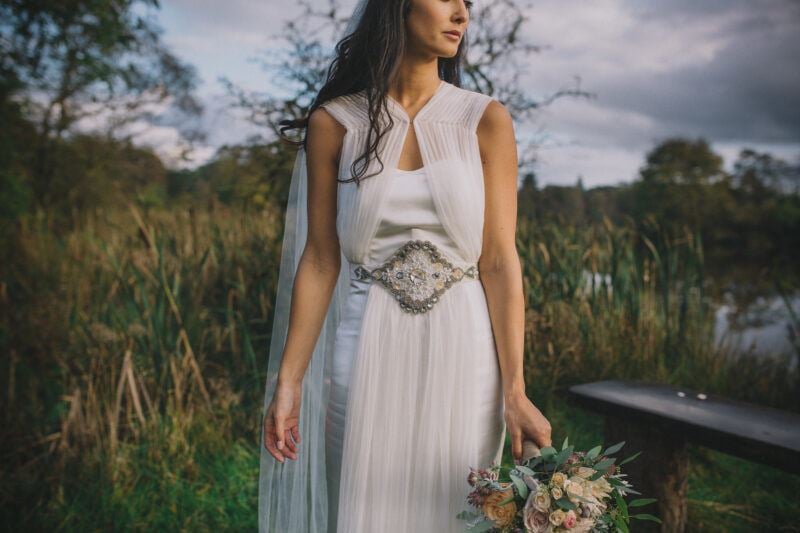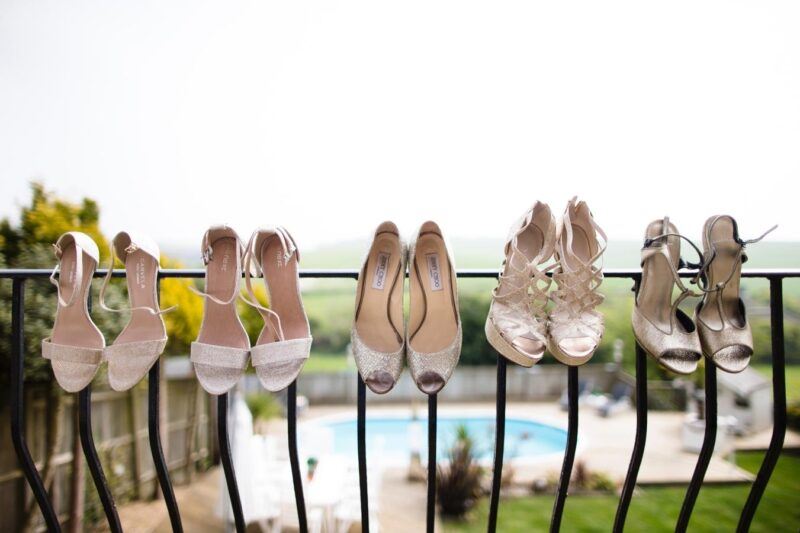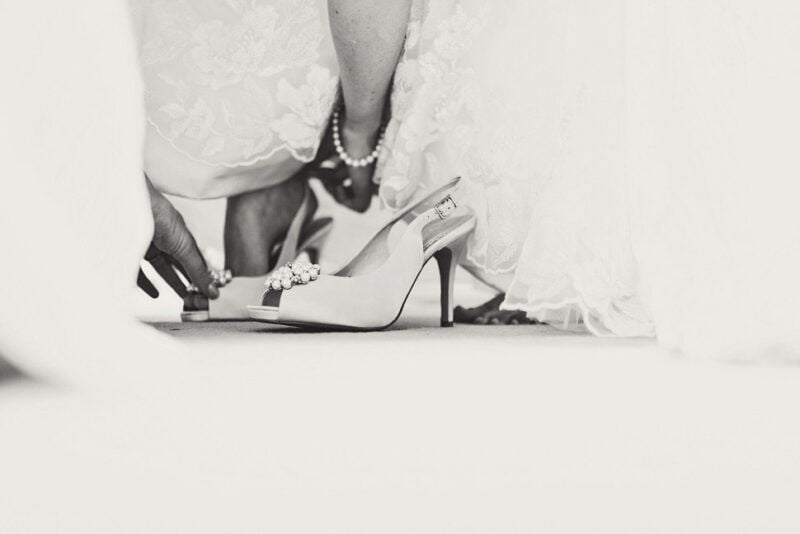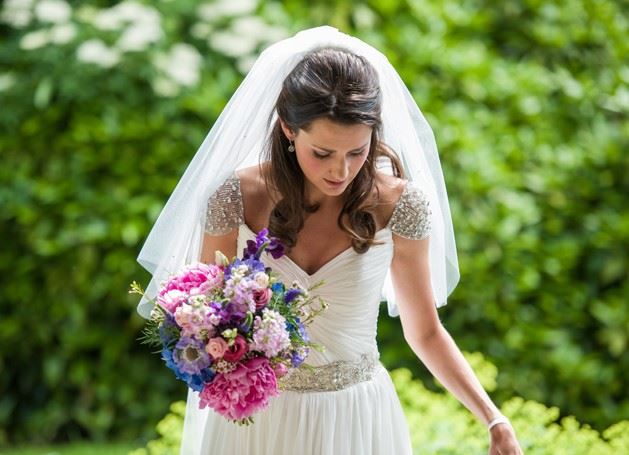Popularity has always been a surefire way to secure business; and online popularity – which translates to reviews – is one of the most powerful ways to show the world you’re liked, respected and worth investing in.
Reviews are particularly important in the wedding industry.
In today’s world, we Google before be book, buy or visit.

And just a few positive reviews can reassure couples you’re worth checking out, whereas negative reviews or no reviews at all will fill couples with dread and suspicion.
But why take our word for it?
We’ve reached out to Bridebook Award Winners 2018 – that is, the most impressive, talented and successful wedding makeup, dress, menswear, jewellery and accessories suppliers we’re working with right now – and asked them to explain in their own words how powerful they believe reviews are in helping them reach award-winning status.
Bejouled – Bridebook’s Jeweller of the Year
What are the top 3 benefits to having reviews in your personal experience?
Benefit 1 – I think the biggest benefit to having reviews is that it shows potential customers that you are a quality supplier, with loads of happy previous customers! I think many consumers will look at reviews before contacting any wedding suppliers as they can trust what others have said and look to their experience with that company.

Benefit 2 – Having great reviews also lets us know that we are doing a great job! There is nothing better than seeing your customer showing off their sparkling jewels, over the moon with the finished result. One of our favorite parts of the job is getting positive feedback and making our customers happy makes everything worth it.
Benefit 3 – A great benefit of reviews is having all of our wonderful Thank You cards on display in our Boutique which shows customers when they walk through the door that we are loved by some many previous customers. We have had many say that seeing all of the lovely cards sealed the deal for them!
How does the review process work in the UK wedding jewellery sector and can you identify any areas that could be improved?
I think most reviews these days come from Facebook which is great as it’s a platform that most people are active on. However, we try to push reviews across all our platforms such as Google, Bridebook, Vows Awards etc so we have great reviews across the board.
The only downside to the review process is that sometimes you can receive a negative review from someone who has never even been in contact with the company and that can impact your overall rating as a whole which can in turn impact the opinion of potential customers with regards to your brand. I think if a better screening process was put in place to validate reviews it would stop this from happening.
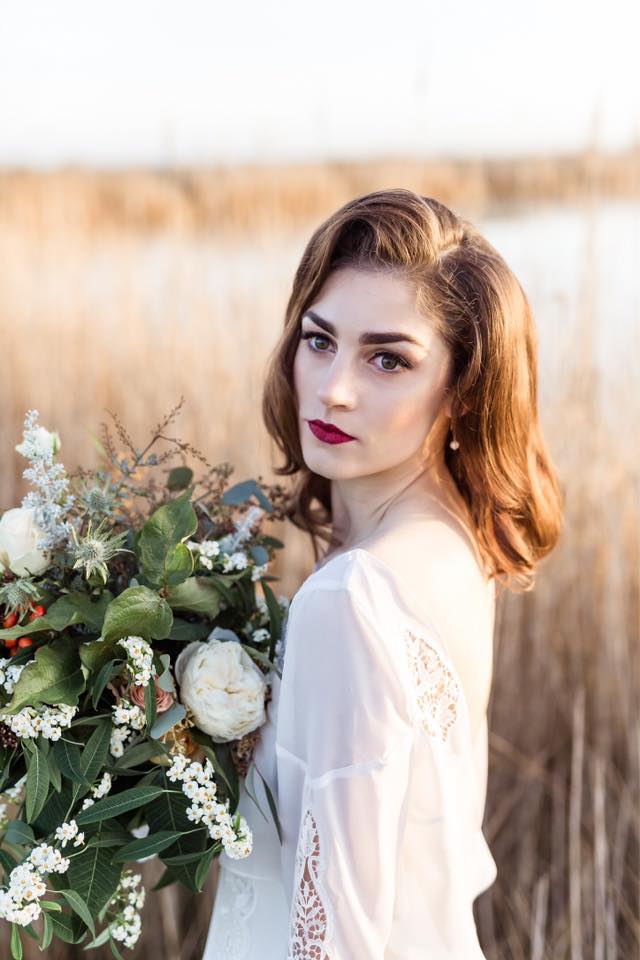
Dani Roberts Makeup – Bridebook’s Bridal Beauty Therapist of the Year
What are the top 3 benefits to having reviews in your personal experience?
- Real customer feedback so that I can improve the service I provide in the future.
- Gives future clients reassurance and an insight to what I can provide for them on their big day.
- Shows your experience in the industry and that you’re a reputable business.
How do you generate bridal beauty bookings?
I currently use social media and post photos of my work as advertisement. I also have a lot of bookings through word of mouth and recommendations.
Do online reviews play a part when couples contact you via word of mouth referral?
I think they do as I direct them to my website and Bridebook profile so that they can get an idea of my style and pricing, view my work and so that they will be able to read reviews for that extra level of reassurance.
Sarah’s Wedding Boutique – Bridebook’s Wedding Dress & Accessories Supplier of the Year
How does the process of review giving / collecting work in the wedding dress and accessories sector?
Reviews are usually given following a purchase or once the bride has become a ‘Mrs’. This enables the bride to give genuine feedback on our Bridebook profile based on their wedding dress buying experience from start to finish.
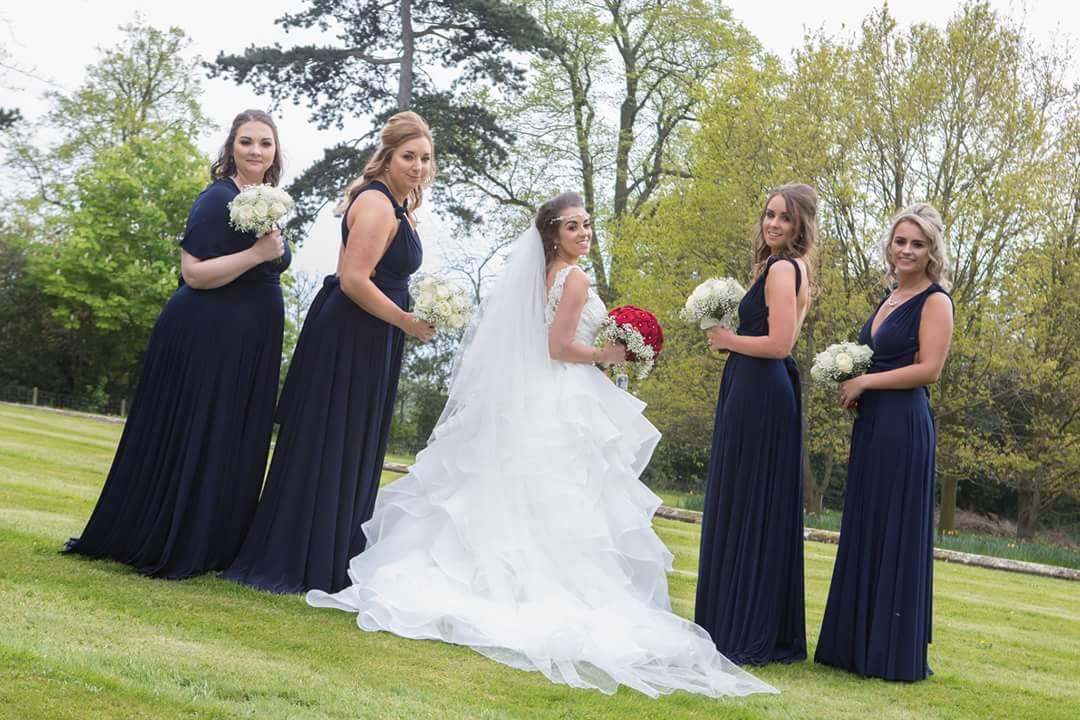
Is it more important to win approval and good feedback from fellow suppliers rather than brides? Why?
Approval from both suppliers and brides are equally important with regards to working relationships and productivity. Both go hand in hand in terms of business success and a positive attitude is infectious! We have a great rapport with everyone involved. I believe this is an important strength which should never be underestimated.
What are the top 3 benefits to having reviews in your personal experience?
- It is important to receive feedback from our customers to know we are doing things right.
- To promote customer and shop awareness.
- To boost staff morale and confidence.
Whitfield & Ward – Bridebook’s Menswear Supplier of the Year
What are the top 3 benefits to having reviews in your personal experience?
- Reviews give our customers an insight into how we operate and what to expect when they come in to see us.
- They give customers confidence and trust in our service and products.
- More importantly, reviews let us know if we’re delivering the great customer service we promise and if there’s anything we need to improve on.
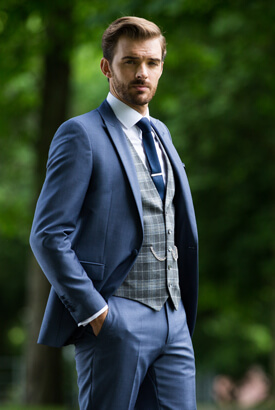
Could you estimate what proportion of the reviews you receive are from men versus women?
Approximately 70% men vs 30% women.
——————————————————————————
Reviews are the difference between converting an enquiry into a booking, or not.
Take our advice and the advice of award winning, expert wedding suppliers today, and start harnessing the power of reviews for your wedding business.
For more information and interviews with award winning UK wedding suppliers, check out our Review Series.
